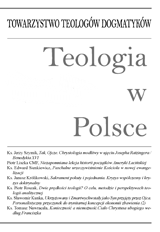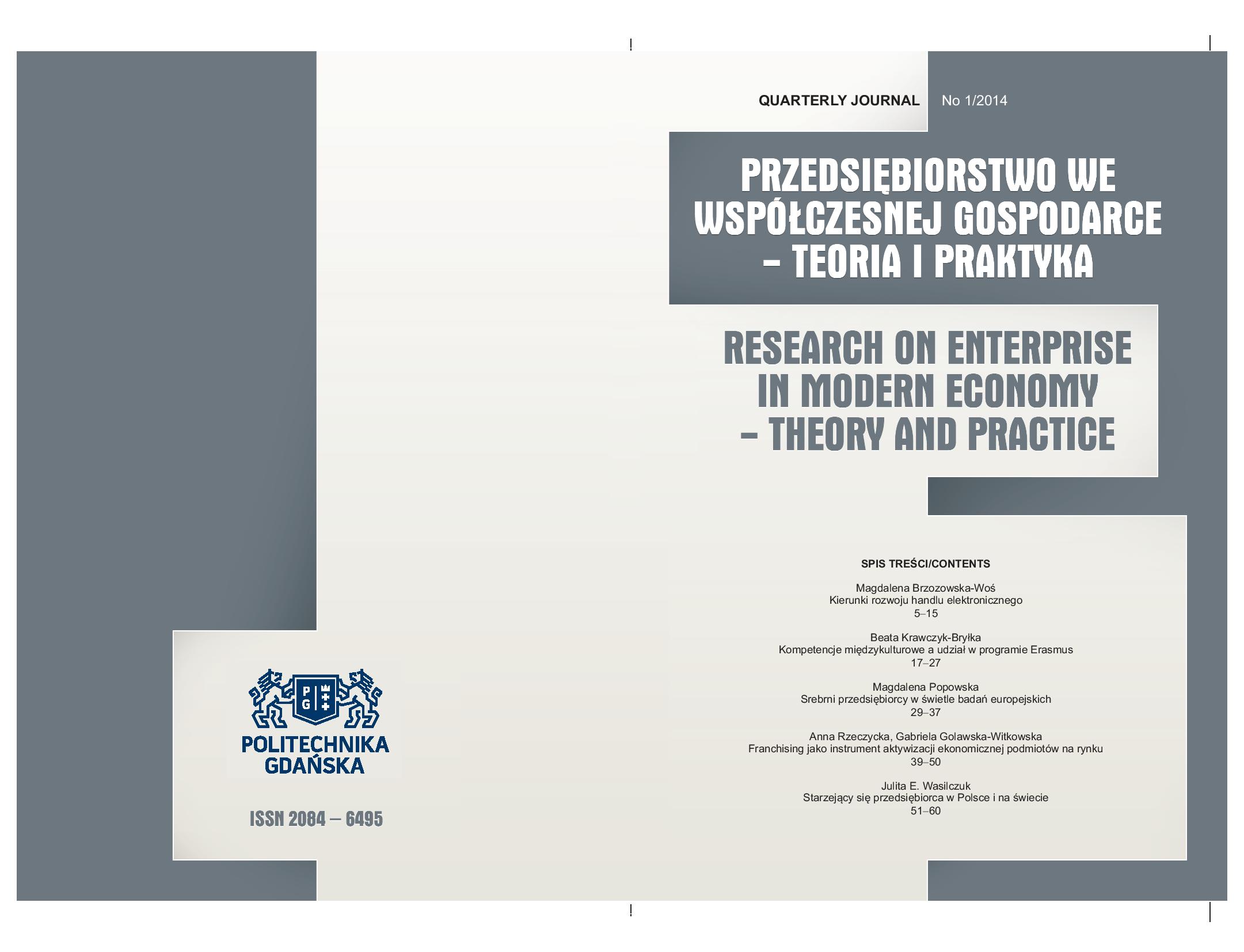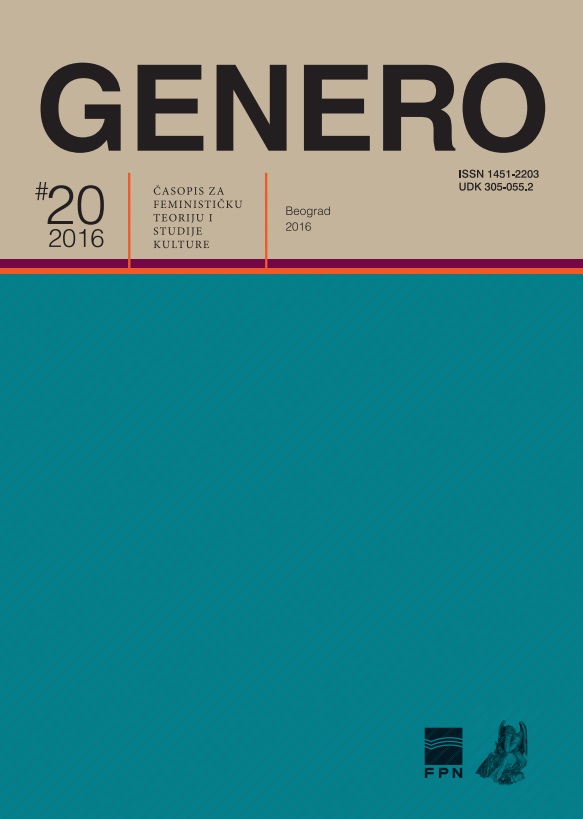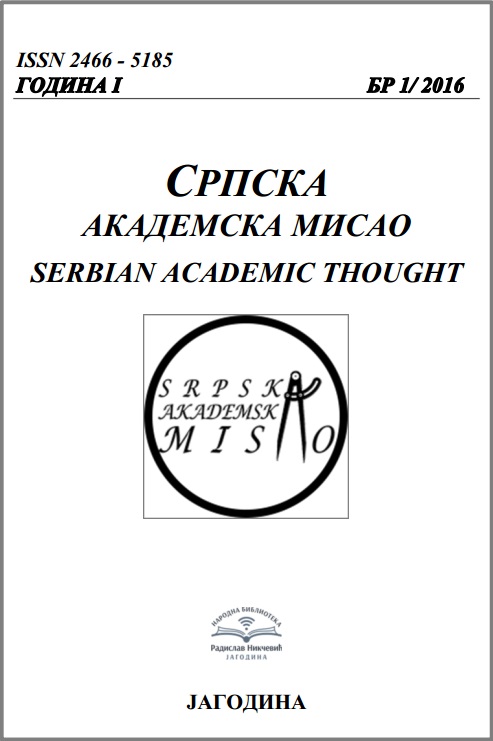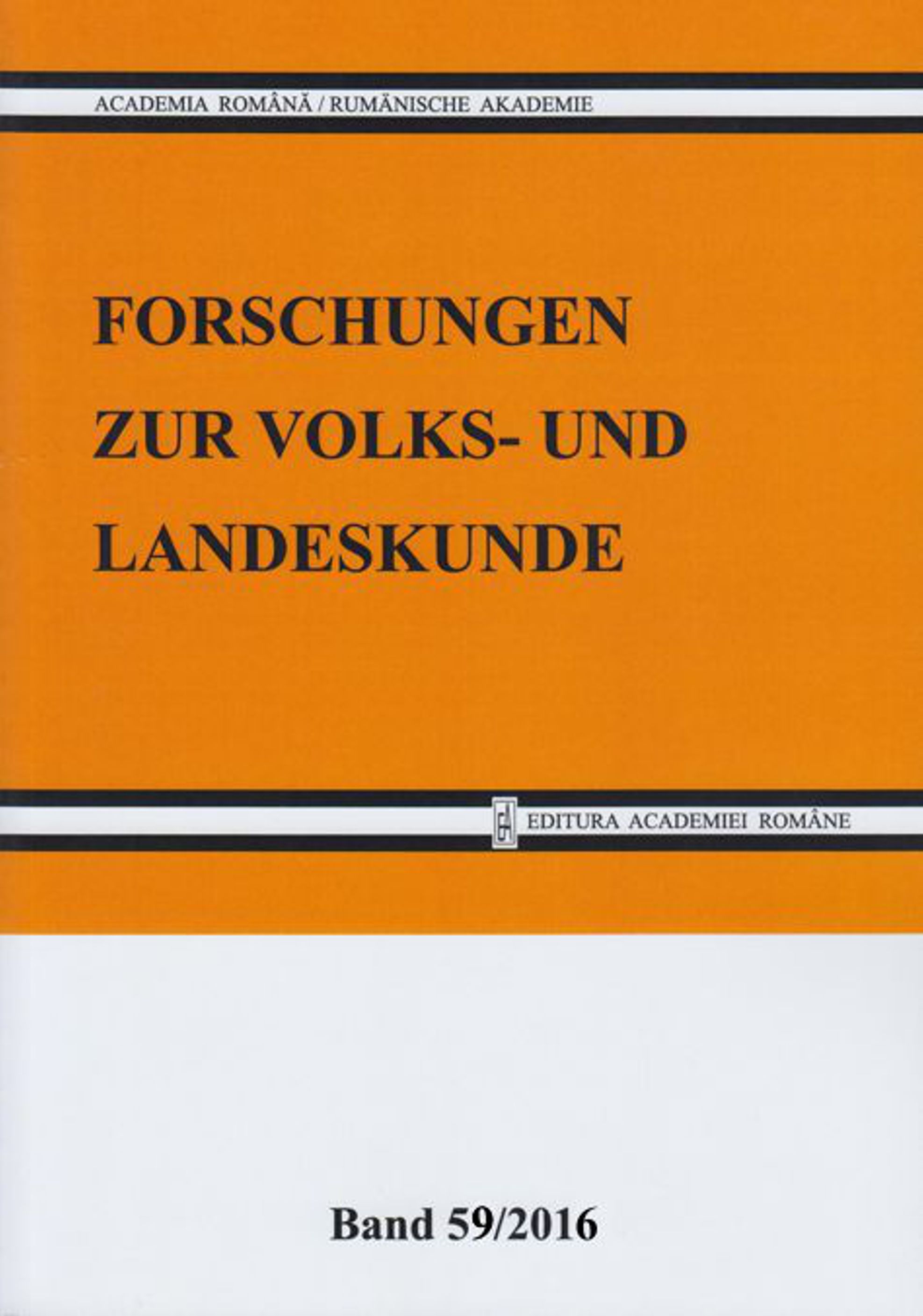
The Chests from Henndorf. Iconological Evidence
Die Henndorfer Stollentruhen. Ikonologische Anhaltspunkte
Keywords: carpenter’s chest; dowery chest; Brădeni; Henndorf, wood painting; symbol recipient; New Jerusalem iconography; ark of the covenant iconography; lion medallion
It was in the year 2000 that a number of 172 chests were discovered inside the fortified church in the village of Henndorf. This discovery brought enthusiasm amongst ethnologists and researchers dedicated to the history of furniture. These chests were brought to the Open Air Museum in Hermannstadt/Sibiu, where they were analyzed and dated.On the account of dendrochronological analysis, it has resulted that these chests were made during the 15th and 16th centuries. The researchers have also divided them according to their typological characteristics, their function and international acknowledged analogies. In general, these carpenter chests were used as storage units and were a commonplace in the merchants’ culture. Their symbolism depicts on motifs belonging to the Western church.
More...
